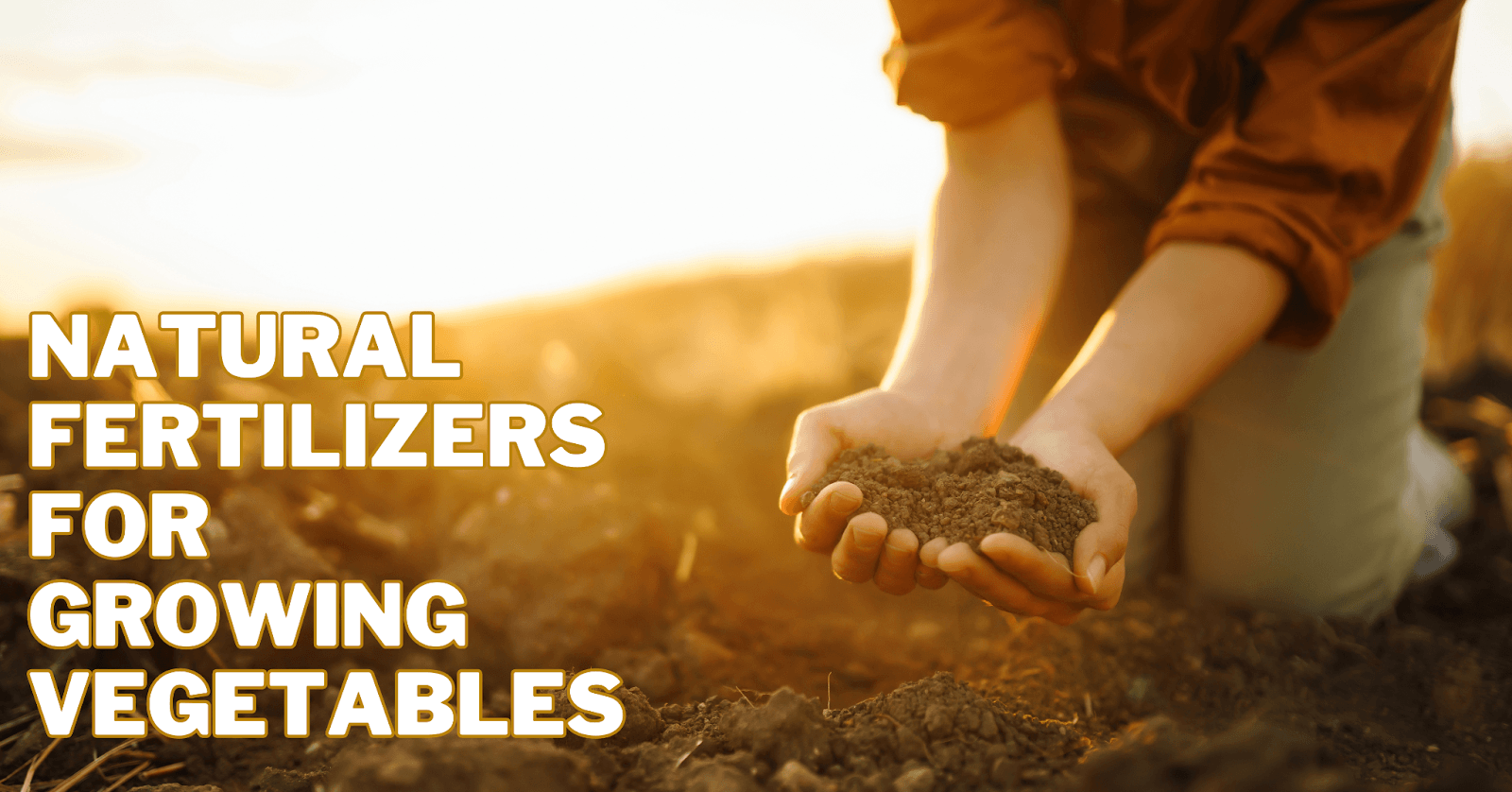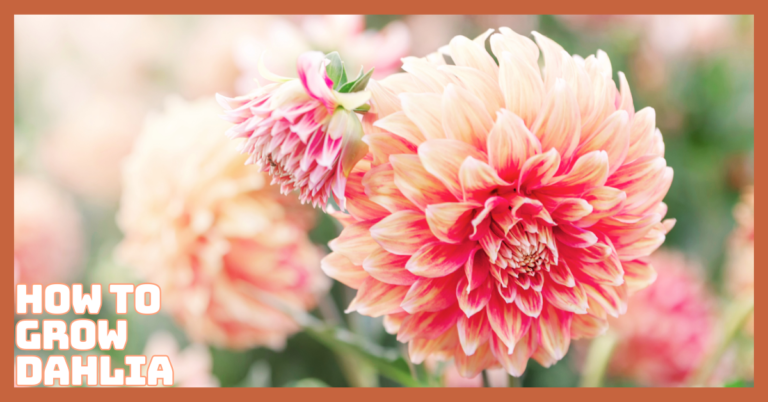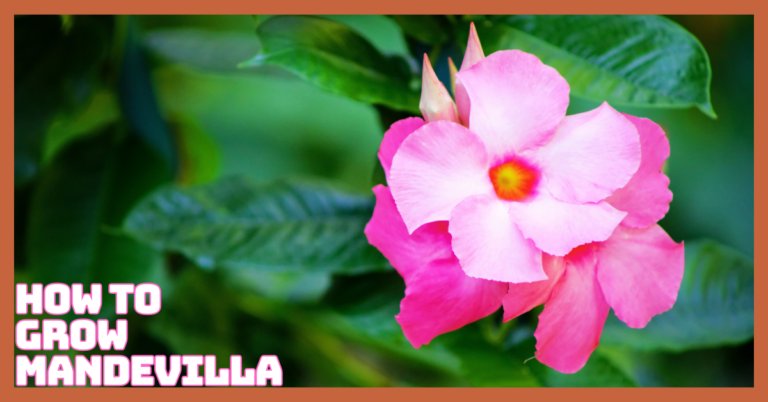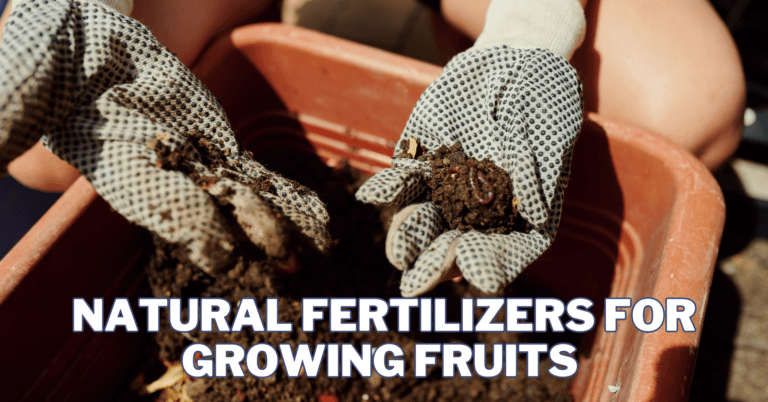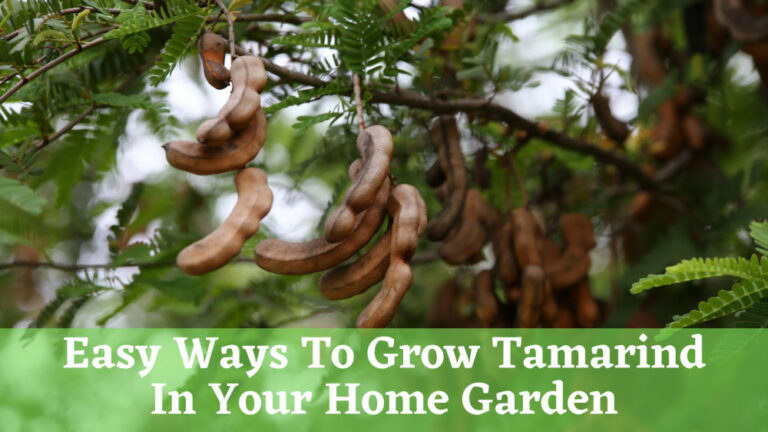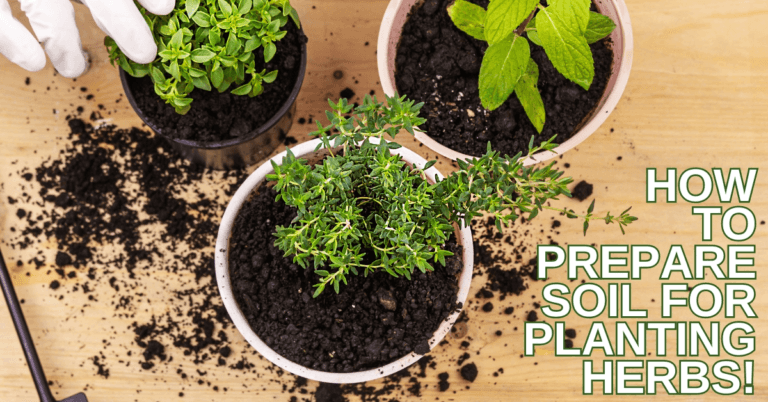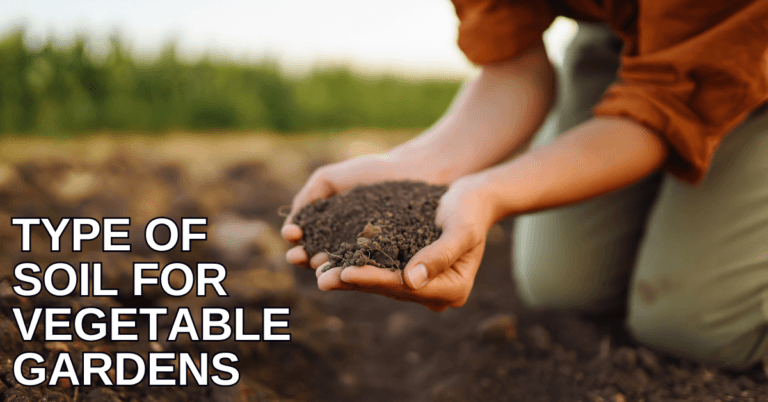Best Natural Fertilizers For Growing Vegetables
Best Natural Fertilizers For Growing Vegetables
Many gardeners and farmers are turning to natural fertilizers as a major component in establishing abundant vegetable gardens to pursue healthier and more sustainable food sources.
This article will explore the world of natural fertilizers, their benefits, and how to effectively nurture robust and nutrient-rich vegetables.
Understanding the possibilities of natural fertilizers can greatly improve your efforts to cultivate vegetables, regardless of your level of gardening experience.
Importance Of Natural Fertilizers For Growing Vegetables
Natural fertilizers are pivotal in cultivating vegetables and are immensely important for both growers and the environment.
Firstly, they contribute to the health and fertility of the soil. Unlike synthetic fertilizers that can degrade soil quality over time, natural fertilizers, such as compost and organic matter, enrich the soil with essential nutrients while improving its structure and water retention capabilities.
This provides a sustainable source of nourishment for vegetables and fosters a thriving ecosystem of beneficial microorganisms, earthworms, and other soil organisms crucial for nutrient cycling.
Moreover, the use of natural fertilizers aligns with environmentally responsible farming practices.
Adopting natural fertilizers for growing vegetables promotes soil health and plant vitality and champions eco-friendly farming practices that protect water quality and combat climate change.
Chemical fertilizers often result in nutrient runoff, contaminating water sources and harming aquatic ecosystems.
In contrast, natural fertilizers release nutrients gradually, reducing the risk of pollution and safeguarding water quality.
Their organic composition also aids in carbon sequestration, mitigating climate change by trapping carbon dioxide in the soil.
Furthermore, natural fertilizers promote the production of healthy and nutrient-dense vegetables.
These fertilizers provide a broad spectrum of essential nutrients, including nitrogen, phosphorus, potassium, and micronutrients.
The slow and steady release of nutrients ensures that plants receive a consistent supply throughout their growth cycle, reducing the risk of nutrient imbalances and deficiencies.
As a result, vegetables cultivated with natural fertilizers tend to have better flavour, improved nutritional profiles, and increased resistance to pests and diseases.
From an economic perspective, natural fertilizers can offer cost-effective solutions for growers.
Many of these fertilizers can be produced on-site or obtained locally, reducing transportation costs and dependency on expensive synthetic alternatives.
Additionally, they contribute to long-term soil fertility, decreasing the need for frequent reapplication.
In conclusion, the importance of natural fertilizers for growing vegetables is undeniable.
They foster soil health, protect the environment, enhance vegetable quality, and offer economic advantages.
As the world seeks sustainable agricultural practices, natural fertilizers are critical in ensuring a healthy, resilient, and eco-friendly food production system.
A Guide To Natural Fertilizers For Vegetables
A profound synergy exists in the age-old dance between humanity and the earth—a relationship nurtured through the ages by planting seeds and reaping the harvest.
In the timeless partnership between humans and the Earth, natural fertilizers for growing vegetables play a silent yet pivotal role, enriching the soil and nurturing the bounty of our vegetable realms.
In this delicate choreography, natural fertilizers emerge as the unspoken orchestrators, conducting the unseen symphony of life beneath the soil's surface.
These natural fertilizers are not just substances but the keepers of soil secrets, the stewards of life's vitality, and the architects of abundance in your vegetable kingdom:
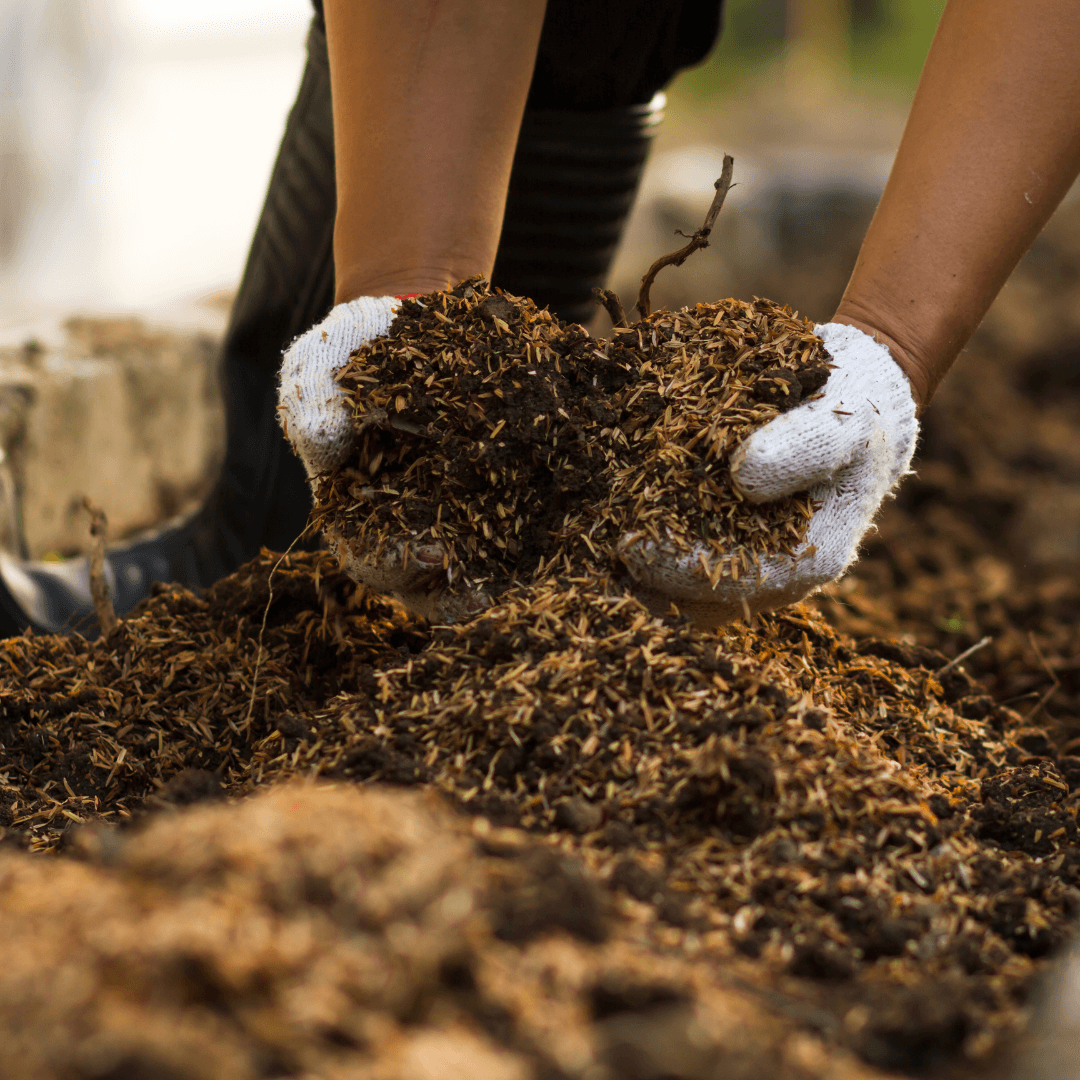
1. Compost
Compost reigns as the humble hero in the hidden realms of your garden's heart, quietly weaving its magic beneath the surface.
Compost is nature's gift to the soil, born from the patient alchemy of decomposed kitchen scraps, fallen leaves, and the remnants of yesterday's harvest.
It transforms life's leftovers into a nutrient-rich elixir, enhancing the earth's structure and the very essence of your garden's vitality.
With each application, compost bestows a gentle touch, bolstering the soil's embrace of water, rendering it more welcoming to thirsty roots, and releasing a banquet of essential nutrients—nitrogen, phosphorus, and potassium—like a grand feast for your growing vegetables.
But compost's enchantment doesn't stop there. It invites an army of beneficial microorganisms to join the underground symphony, creating a bustling ecosystem beneath your feet.
Like diligent workers in the garden's secret laboratory, these microcosmic allies ensure your plants thrive in a harmonious environment, resisting pests and disease with natural resilience.
So, as you cast your kitchen scraps and garden clippings into the compost pile, remember that you contribute to a timeless cycle of renewal and growth.
In the gardening world, compost is not just a mix of decaying matter; it is the embodiment of life's eternal promise—a testament to the transformative power of the Earth itself.
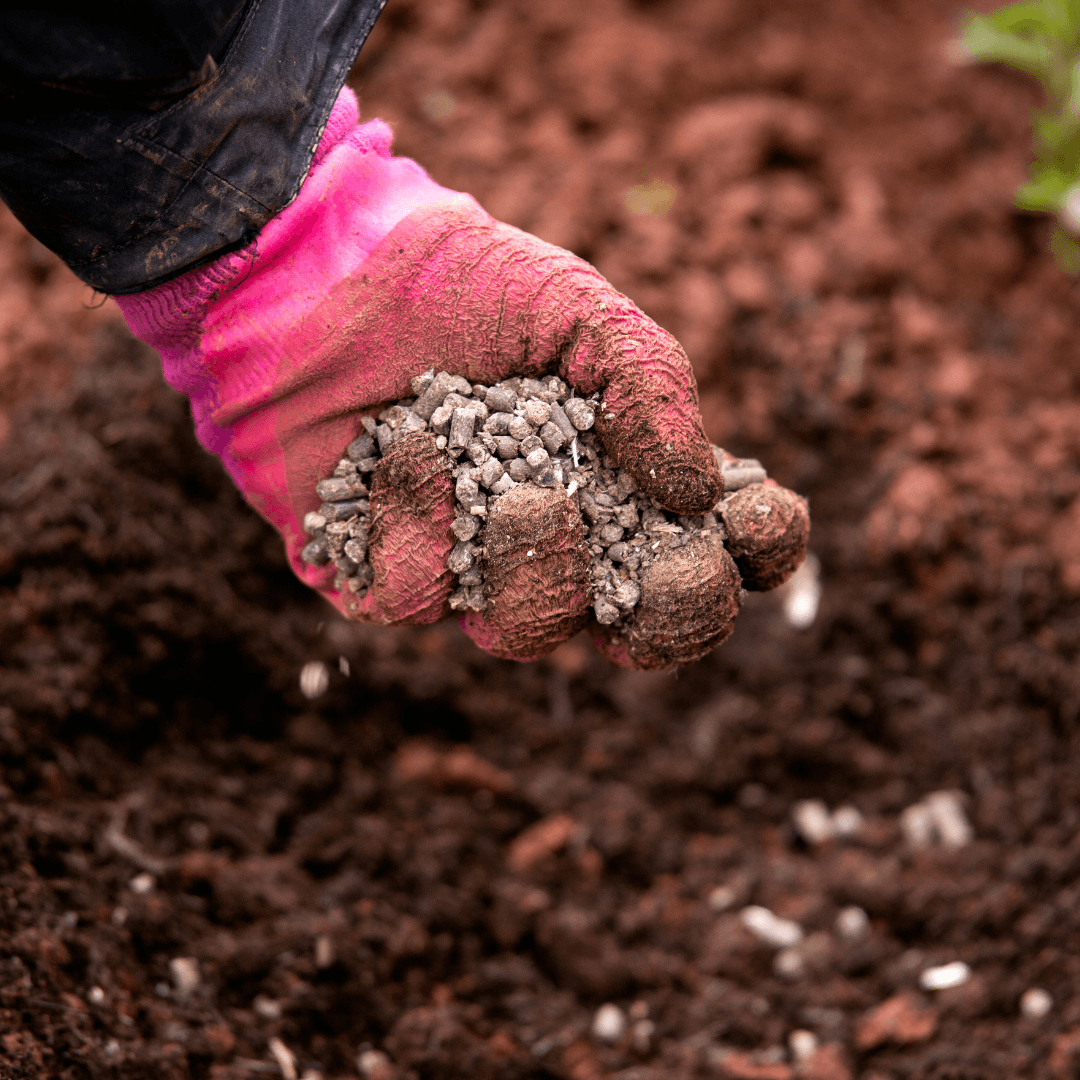
2. Manure
Animal manure is a potent and primal force in the symphony of natural fertilizers. This age-old agricultural ally, whether from cows, horses, or chickens, is nature's treasure chest of nourishment for the soil.
Bursting with nitrogen and a symphony of essential nutrients, it's a true elixir for your growing vegetables. But, like any powerful force, it demands respect and patience.
Before you let it dance with your plants, this rich manure must undergo an ancient transformation, alchemical aging.
Preparing manure as a natural fertilizer for growing vegetables involves essential alchemical aging that ensures both its plant safety and its contribution to the garden's vitality.
This mows its intense ammonia content, preventing harsh burns on tender roots, and acts as a microbial battleground where harmful pathogens meet their demise.
Once properly aged or composted, the magic begins. As you incorporate this organic gem into your soil, it's as if you're infusing it with newfound vitality.
The manure serves as both a nutritional feast and a structural engineer, improving the soil's fertility and structure in one graceful motion.
Your vegetables, too, will stand taller, greener, and more abundant under the nurturing embrace of well-prepared manure.
In the grand tale of gardening, animal manure is not just a simple fertilizer; it's a timeless chapter, a bridge between the animal kingdom and the flourishing realm of plants.
It's the embodiment of life's cycle, where waste transforms into wealth, and the earth, once again, renews itself.
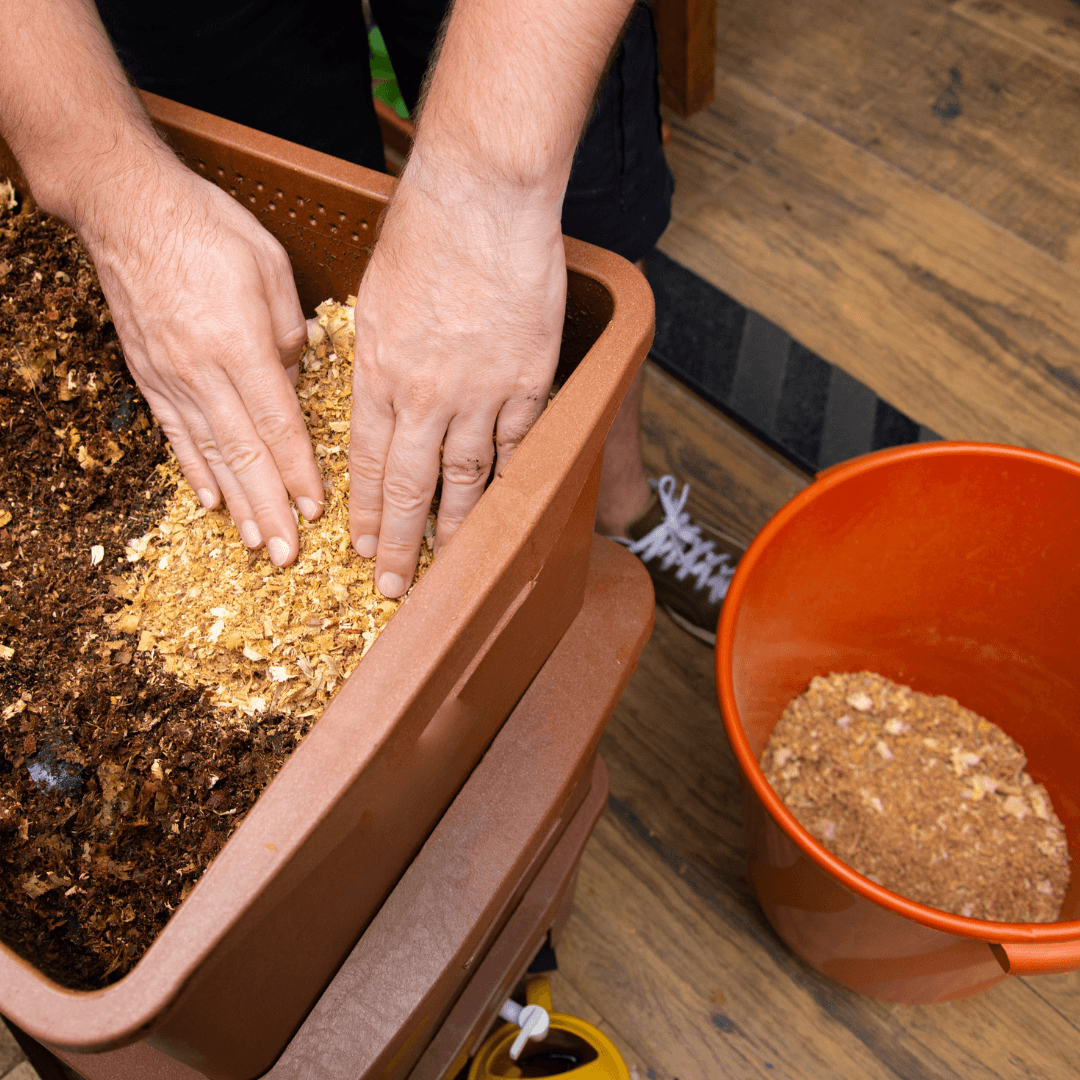
3. Bone Meal
In the intricate world of natural fertilizers, bone meal emerges as a quiet but formidable champion, its origins rooted in the very essence of the animal kingdom.
Crafted from the finely ground remains of cattle bones, it is a testament to the circle of life, where the past nourishes the present.
Bone meal, you see, is the secret architect of a garden's underground palace. Rich in phosphorus and calcium, it fortifies the soil with the very building blocks of life.
When your garden's roots yearn for strength, bone meal answers the call. Bone meal is an indispensable ally among natural fertilizers for growing vegetables, fostering robust root systems, abundant flowering, and bounteous fruiting in crops like tomatoes, peppers, and potatoes.
It's the steadfast friend of root development, the guardian of flowering, and the maestro behind bountiful fruiting.
Bone meal's contributions are essential in the world of vegetables, especially tomatoes, peppers, and potatoes that reach for the sun and fill our plates abundantly.
As you gently introduce bone meal to your garden's soil, you're not merely adding a fertilizer; you're channelling the wisdom of ages past.
It's a reminder that the Earth has a storied history of nurturing life, from bones to blooms, in an eternal renewal cycle.
Bone meal is more than just a bag of finely ground calcium and phosphorus. It is the quiet guardian of your garden's most profound ambitions, turning the humblest of beginnings into a flourishing symphony of growth.
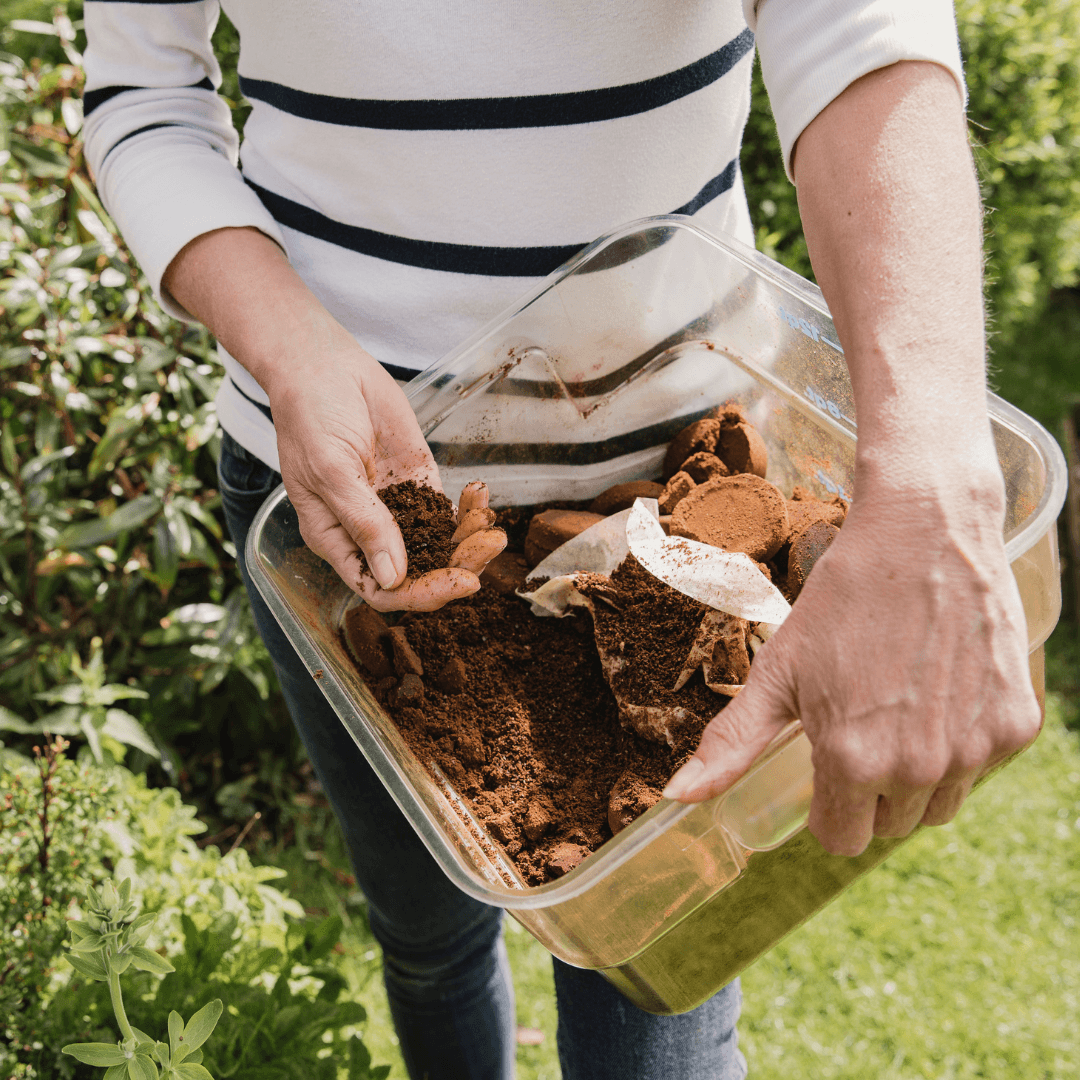
4. Fish Emulsion
In natural fertilizers, fish emulsion emerges as a remarkable elixir from the ocean's depths, embodying the essence of aquatic life's bounty.
Crafted from fish waste products, it's a testament to nature's cyclical generosity, where the sea's treasures come full circle to enrich our terrestrial realms.
Fish emulsion is not just a fertilizer. It's the swift messenger of nourishment, delivering a burst of nitrogen, the lifeblood of green growth.
When your garden's hunger for nutrients demands a quick and revitalizing feast, fish emulsion is the answer.
This liquid magic is a versatile virtuoso, equally at home as a foliar spray, gently nourishing leaves, or as a soil drench, offering sustenance to roots with equal enthusiasm.
With their insatiable thirst for nitrogen, leafy greens and other voracious vegetables stand to benefit the most from this oceanic infusion.
Picture your garden as a lush underwater forest, thriving with vitality, thanks to fish emulsion's aquatic origins. It's more than just a bottle of liquid.
It's a conduit between worlds, channelling the ocean's wisdom to fuel your garden's verdant dreams.
With each application, you're not just feeding your plants; you're tapping into the ancient rhythm of nature, where the sea's abundance finds new purpose in the land's embrace.
Fish emulsion isn't just a fertilizer in the realm of leafy greens and nitrogen-hungry vegetables. It's the ocean's gift to your garden, a dynamic force in the symphony of growth.
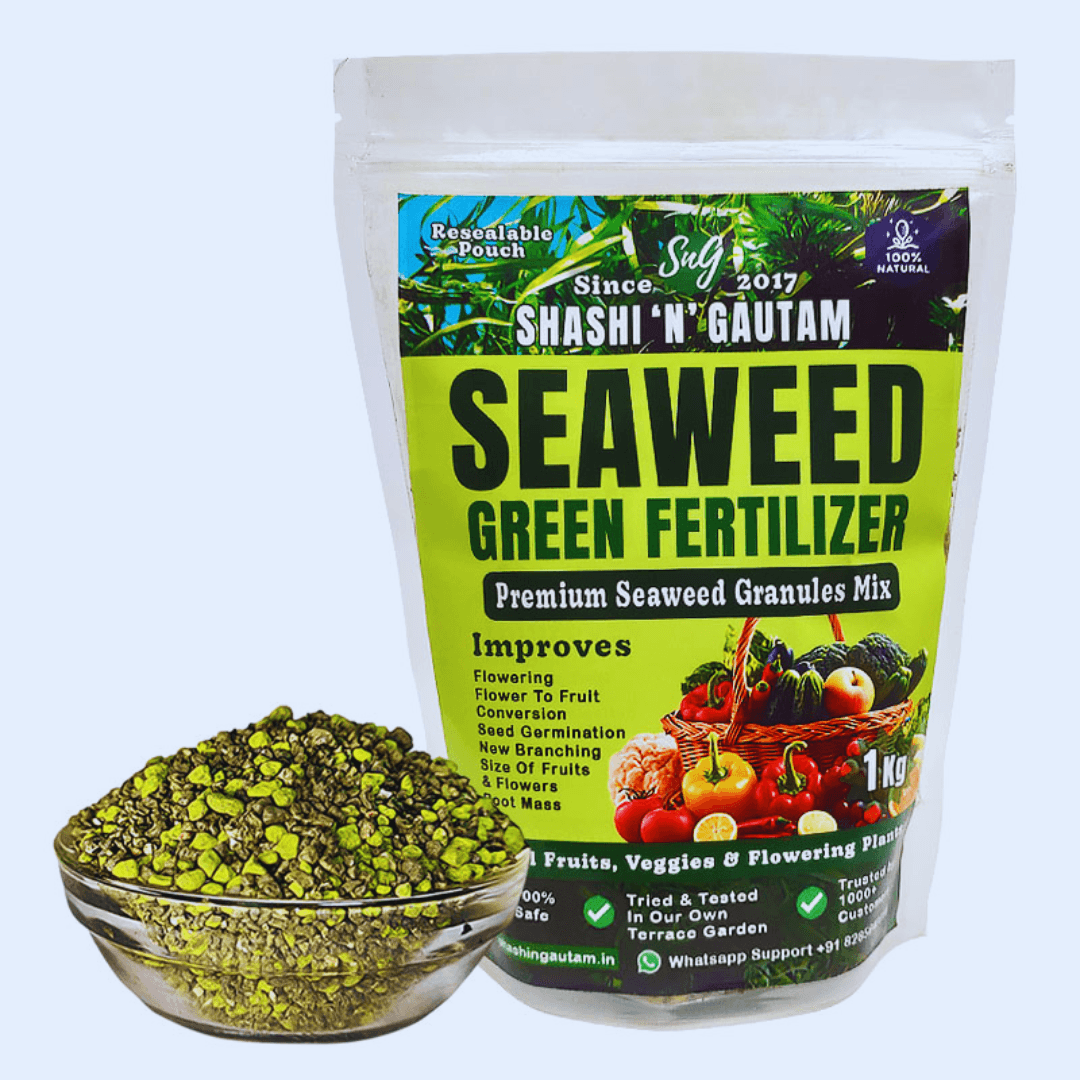
5. Seaweed Fertilizer
In the enchanting world of natural fertilizers, seaweed emerges as the mystical elixir drawn from the depths of the ocean's ancient wisdom.
With roots in the boundless blue, seaweed-based fertilizers are nature's gift, a treasure trove of micronutrients, trace elements, and growth-inducing secrets.
Seaweed-based fertilizers for growing vegetables harness the ocean's mystical wisdom, offering a treasure trove of micronutrients and growth-promoting secrets to nurture your garden into a realm of abundance.
They are like the whispers of the sea, laden with the alchemical harmonies of auxins and cytokinins, beckoning your garden into a realm of abundance.
These oceanic potions are not mere fertilizers but the keepers of vitality, the guardians of resilience.
As they caress your plants' roots, they infuse them with a potent concoction of nutrients and growth hormones, awakening a symphony of health.
Once introduced to this marine magic, your vegetables stand taller, stronger, and more robust. They become champions of resistance, shrugging off stress and disease with ease.
The beauty of seaweed fertilizers lies in their universal embrace. From the leafy greens in the shade to the sun-kissed tomatoes and the underground secrets of root crops, they nurture all with impartial benevolence.
In the grand tapestry of gardening, seaweed fertilizers are the elemental threads, weaving vitality and resilience into every strand of your vegetable garden's story.
They are the bridge between land and sea, a testament to the boundless wonders of the ocean, and an invitation for your garden to flourish in harmony with nature's rhythm.
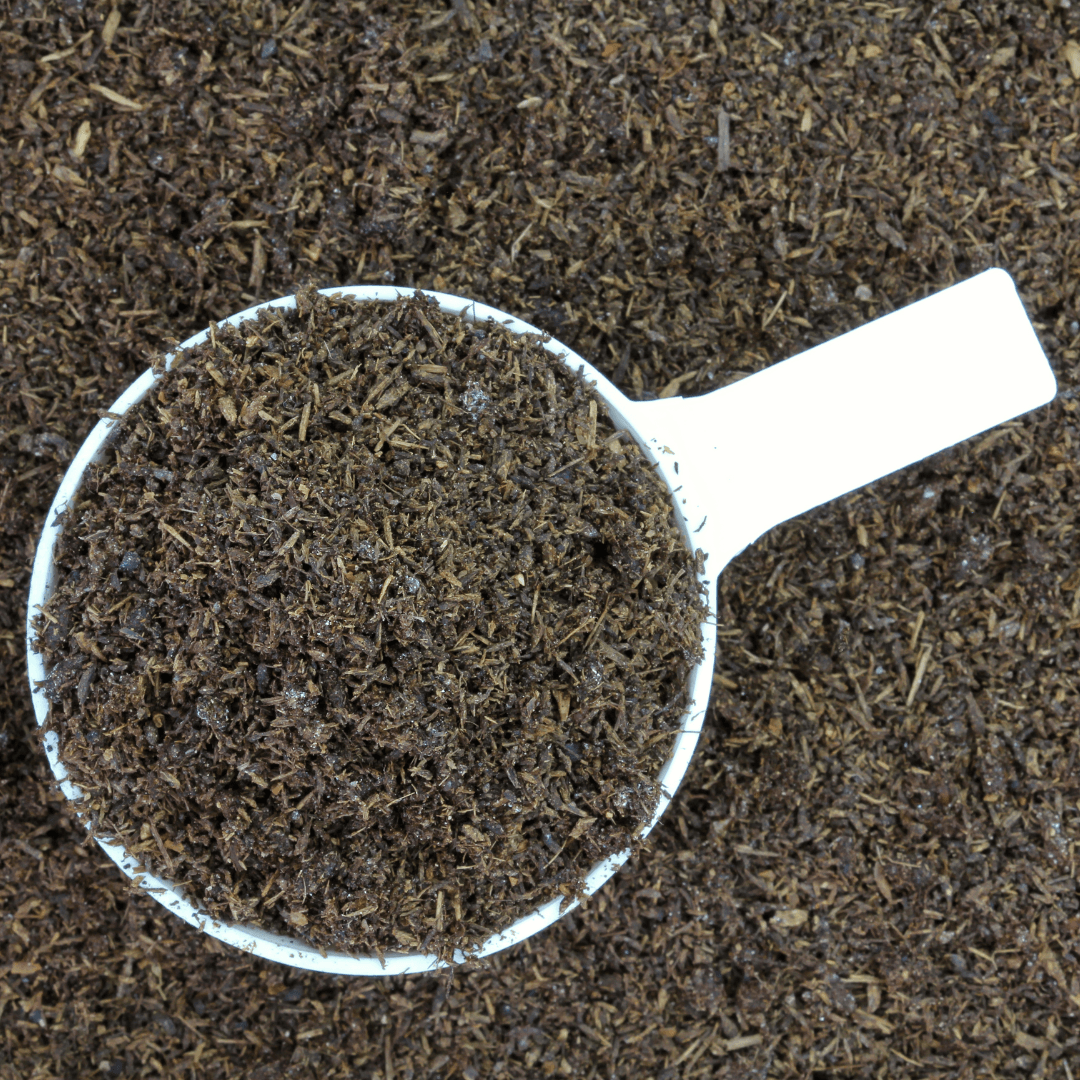
6. Worm Castings (Vermicompost)
In the underground gardening realm, worm castings emerge as nature's elegant artisans, their craft miraculous.
These humble byproducts of earthworm dining are, in essence, a testament to the intricate dance between organic matter and nature's most diligent recyclers.
Worm castings are not your ordinary fertilizer. They embody life's cyclical elegance, a hidden treasure trove of nourishment for your vegetable kingdom.
Within the unassuming granules lies a treasure chest of balanced nutrients—an array of nitrogen, phosphorus, and potassium.
Worm castings, balanced nutrients and bustling microbial orchestra play a vital role among natural fertilizers for growing vegetables, offering a gentle and nurturing touch to the garden's symphony of life.
These castings also teem with an orchestra of beneficial microorganisms, orchestrating a harmonious symphony beneath the soil's surface.
As they gradually release their bounty, worm castings feed your vegetables with a gentle touch, never overwhelming, always nurturing.
The beauty of worm castings extends to their versatility, as they offer their gifts to a wide range of vegetables.
From the leafy greens stretching towards the sun to the root crops quietly anchoring themselves below, worm castings serve as a universal tonic, enriching the lives of all they touch. In your garden, they are more than just fertilizer.
They are the custodians of a thriving ecosystem where life begets life in a never-ending cycle of growth and renewal.
As you scatter these granules into your garden's embrace, you feed your vegetables and foster a living tapestry of health that reverberates with the whispers of earthworms and the vitality of your thriving crops.
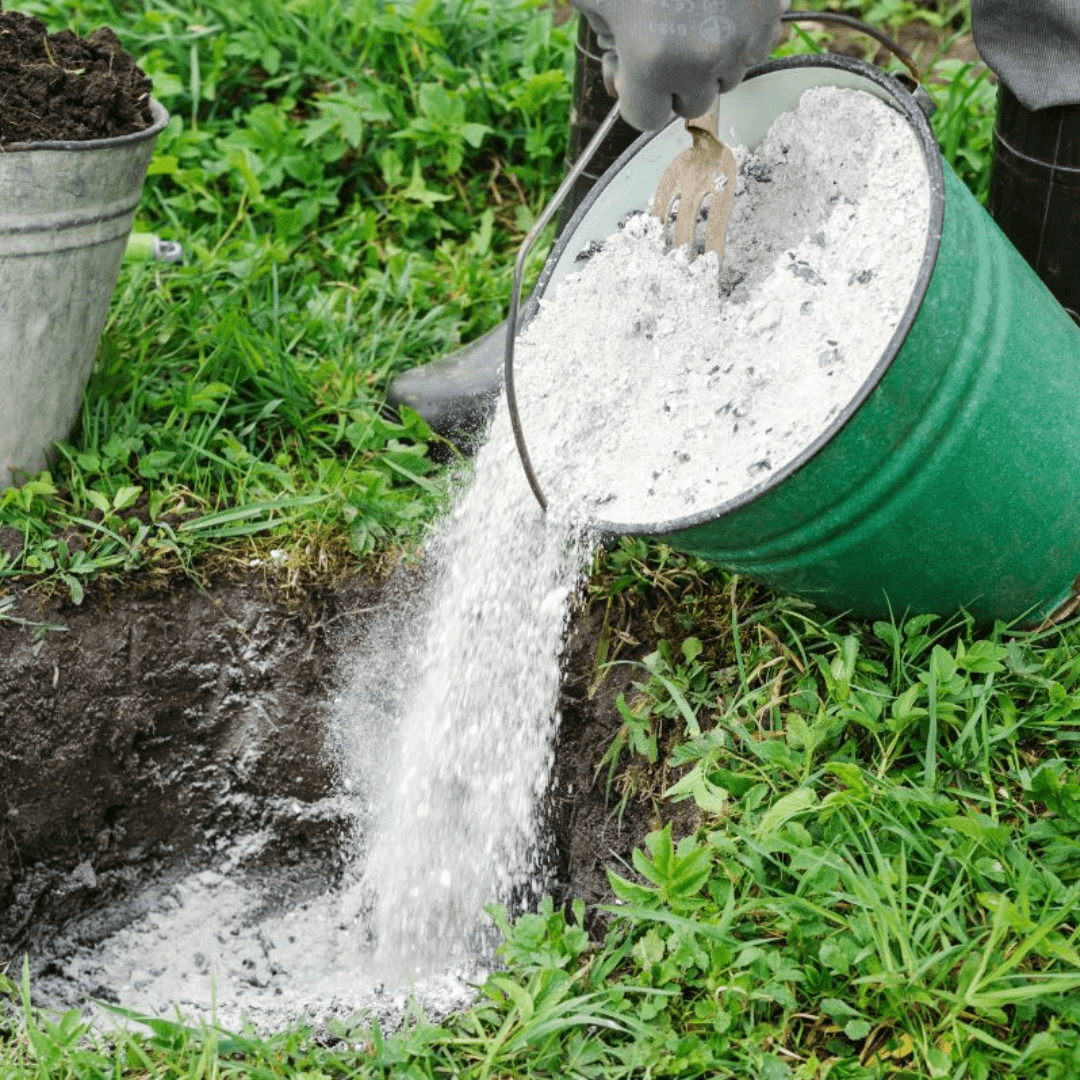
7. Wood Ash
In the aftermath of a cozy fireside evening or the remnants of a tree's final whisper, wood ash emerges as a silent testimony to the elemental transformation of nature's fuel.
Once part of sturdy hardwood, these pale remnants hold secrets of elemental alchemy. Wood ash is not just the residue of combustion.
It's the repository of potassium's gentle power and a trace of the earth's mineral heritage. As it graces your garden soil, it brings forth a promise of flowering and fruiting that your vegetables will flourish under its influence.
However, this ash comes with a caveat, a reminder that even the most benevolent elements should be used carefully.
Its potency is undeniable, but like a two-edged sword, it can alter your soil's pH, raising it to levels unsuitable for certain crops.
Therefore, discretion is key. Use wood ash sparingly and judiciously, especially when tending to vegetables with specific soil preferences.
Wood ash is a subtle but valuable player in the grand theatre of gardening. It's not just an innocuous byproduct.
It echoes nature's fire and is the guardian of your garden's fertility. As you incorporate it into your soil, you're not just adding a mineral.
You're engaging in a partnership with the essence of growth, where the past finds purpose in the future and the whisper of ashes ushers in the promise of a thriving harvest.
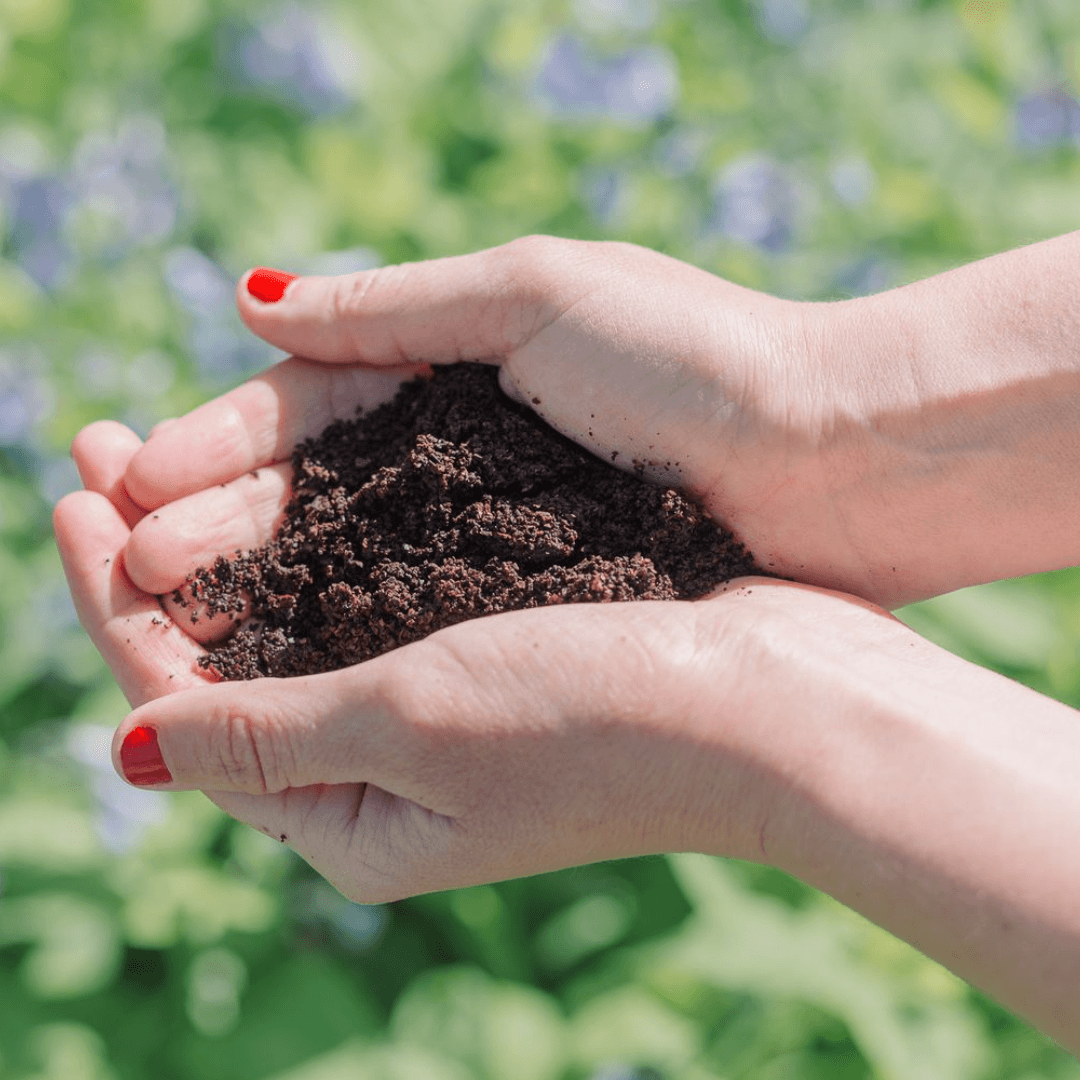
8. Coffee Grounds
In the heart of your morning ritual lies a hidden gem for your garden—coffee grounds, the aromatic remnants of your daily brew.
These grounds, infused with the essence of your cup of joe, carry the potential to invigorate your soil and elevate your garden's vitality.
Though modest in their nitrogen offering, their true magic lies in their ability to transform the earth beneath your feet.
As you scatter coffee grounds upon your garden beds, you're not merely adding organic matter but enlisting nature's barista in soil improvement.
When incorporating coffee grounds into your garden beds, you're harnessing the power of a natural fertilizer for growing vegetables while also benefiting from nature's barista in soil improvement.
With each application, these grounds work tirelessly to enhance your soil's structure, crafting an environment that cares for roots and retains precious moisture like a desert oasis.
But their talents don't stop there. Coffee grounds have a knack for warding off uninvited guests; pests like slugs and snails turn away from their bitter embrace.
You can mix them into your compost pile, infusing them with a java kick, or sprinkle them directly onto the soil, letting their earthy aroma entwine with your plants' roots.
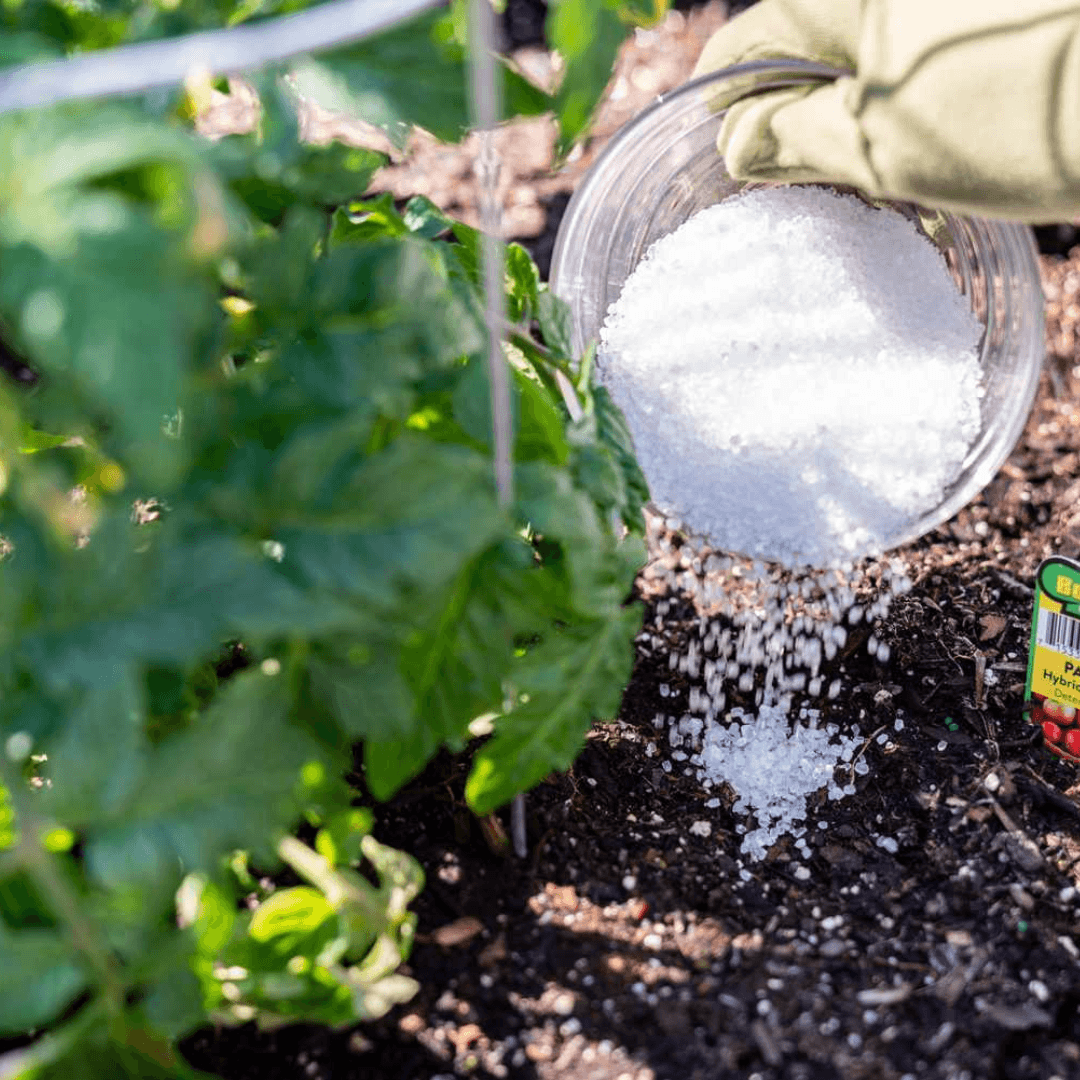
9. Epsom Salt (Magnesium Sulfate)
In natural fertilizers, Epsom salt emerges as the unsung hero, its humble crystals holding within them the essence of two essential elements: magnesium and sulphur.
These unassuming granules profoundly impact your garden, acting as the quiet physicians of the soil, mending deficiencies and nurturing the health of your plants.
When your garden whispers for magnesium, Epsom salt answers the call gracefully. It's a remedy for soil's woes, correcting magnesium deficiencies that can plague even the most fertile grounds.
Magnesium is the lifeblood of chlorophyll—the green pigment of photosynthesis—so when your plants receive their Epsom salt boost, they stand tall, their leaves vibrant and lush.
But it doesn't stop there. Epsom salt is an all-around tonic for plant health. Beyond correcting deficiencies, it invigorates your garden with sulphur's subtle power, enhancing nutrient uptake and bolstering stress resistance.
Tomatoes, peppers, and other magnesium-hungry vegetables revel in their presence as they reach for the sun and bear the weight of abundance.
So, as you sprinkle these salt crystals around your garden, you're not merely adding a supplement.
You're nourishing the very essence of growth. In horticulture, Epsom salt isn't just a remedy; it's a partner in the flourishing journey of your vegetables.
It's a testament to the elemental grace that flows through your garden, where even the simplest compounds can weave magic into the fabric of life.
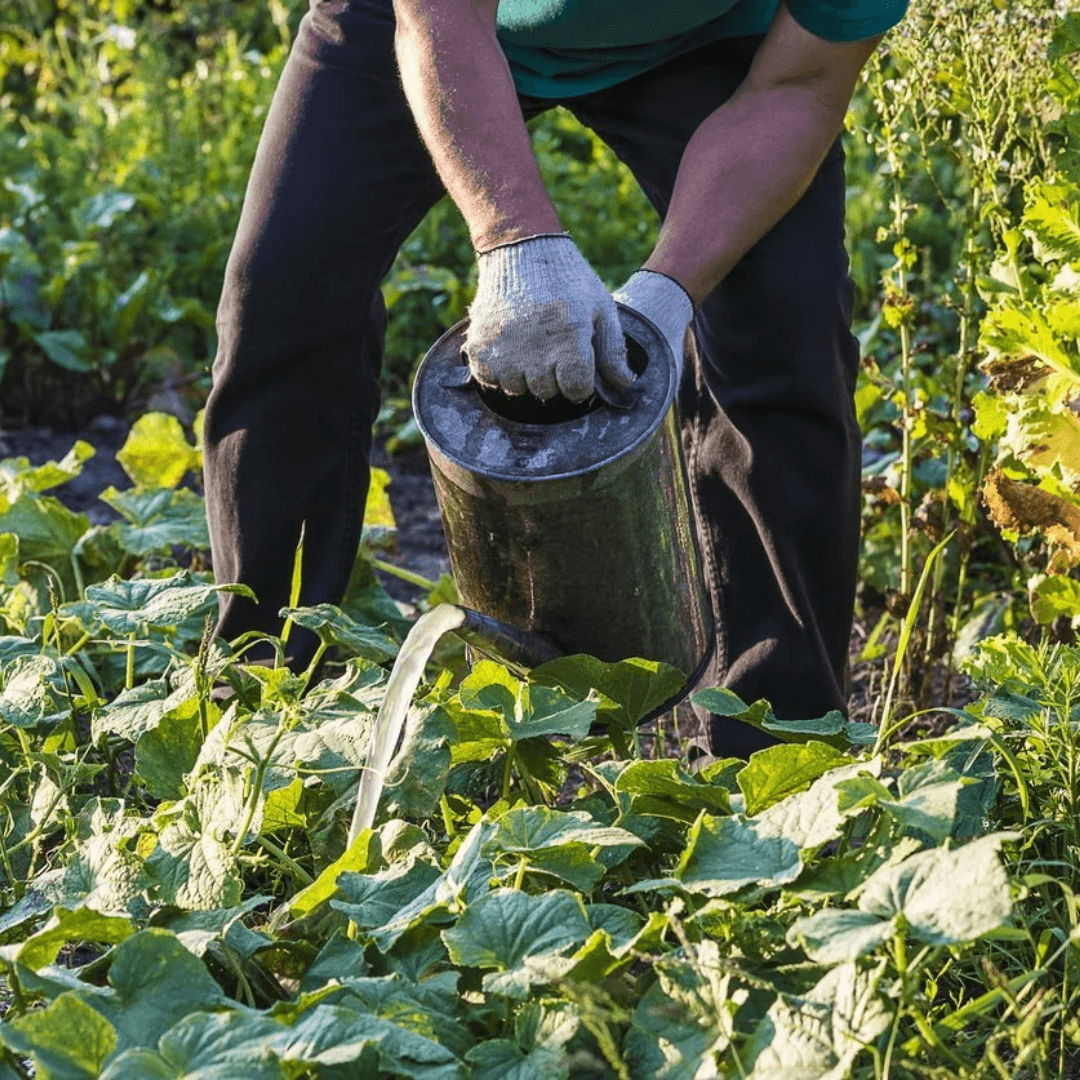
10. Green Tea Compost
In the tranquil world of gardening, a cup of tea isn't just a soothing sip. It's an invitation to enrich your soil with green magic.
Green tea compost, born from the remnants of your calming brew, weaves together the art of relaxation with the science of growth.
Comprising used green tea leaves, this compost embodies the spirit of recycling and renewal.
When introduced to your garden, it becomes the custodian of organic matter, infusing your soil with a gentle infusion of nutrients.
It's a boon to your garden's vitality, enhancing its structure and orchestrating a bustling symphony of microbial activity beneath the surface.
While not a nutritional powerhouse like other fertilizers, green tea compost brings its unique charm to the garden. It provides a mild nutrient boost, an understated but invaluable contribution to your vegetables' well-being.
As you blend this fragrant compost into your soil, you're not just adding tea leaves; you're savouring the marriage of ancient traditions and the timeless wisdom of the Earth.
In the world of natural fertilizers, green tea compost isn't just a nourishing touch; it's a serene reminder of the serene balance between the calming ritual of tea and the vibrant growth of your garden.
Conclusion
In nature's grand symphony, natural fertilizers emerge as the harmonious notes that nurture the thriving melodies of our vegetable gardens.
As we draw this exploration to a close, it becomes evident that these organic treasures offer more than just sustenance for our plants. They embody the spirit of sustainable gardening and the timeless dance of life itself.
These natural fertilizers unite in a chorus of nourishment and sustainability, echoing the wisdom of generations past and the promise of a thriving future.
They remind us that the Earth, in all its beauty and wisdom, provides for us generously if we care for it in return.
So, as we tend to our gardens, let us embrace these gifts of nature, foster a harmonious relationship with the land that sustains us, and reap the rich harvest of our collective efforts.
I trust you enjoyed this article on the Best Natural Fertilizers For Growing Vegetables. Please stay tuned for more blog posts shortly. Take care!
JeannetteZ
>>>Please click here to read my all-inclusive article, About The Essential Companion Planting Guide<<<
>>>Please click here to read my all-inclusive article about Container Gardening<<<
>>>Are you interested in homegrown herbs and medicine? Please click here to find out more about it!<<<
Your Opinion Is Important To Me
Thoughts? Ideas? Questions? I would love to hear from you. Please leave your questions, experiences, and remarks about the Best Natural Fertilizers For Growing Vegetables in the comments below. You can also reach me by email at Jeannette@Close-To-Nature.org.
Disclosure
This post may contain affiliate links. As an Amazon Associate and other affiliate programs, I earn from qualifying purchases at no extra cost to you. Please read my full affiliate disclosure.
You might also enjoy these blog posts:
10 Essential Gardening Hacks Every Gardener Should Know
Best Tips To Grow Acacia Trees
Best Tips To Grow Hyacinths In Containers
Best Tips To Grow Siberian Squill In Containers

